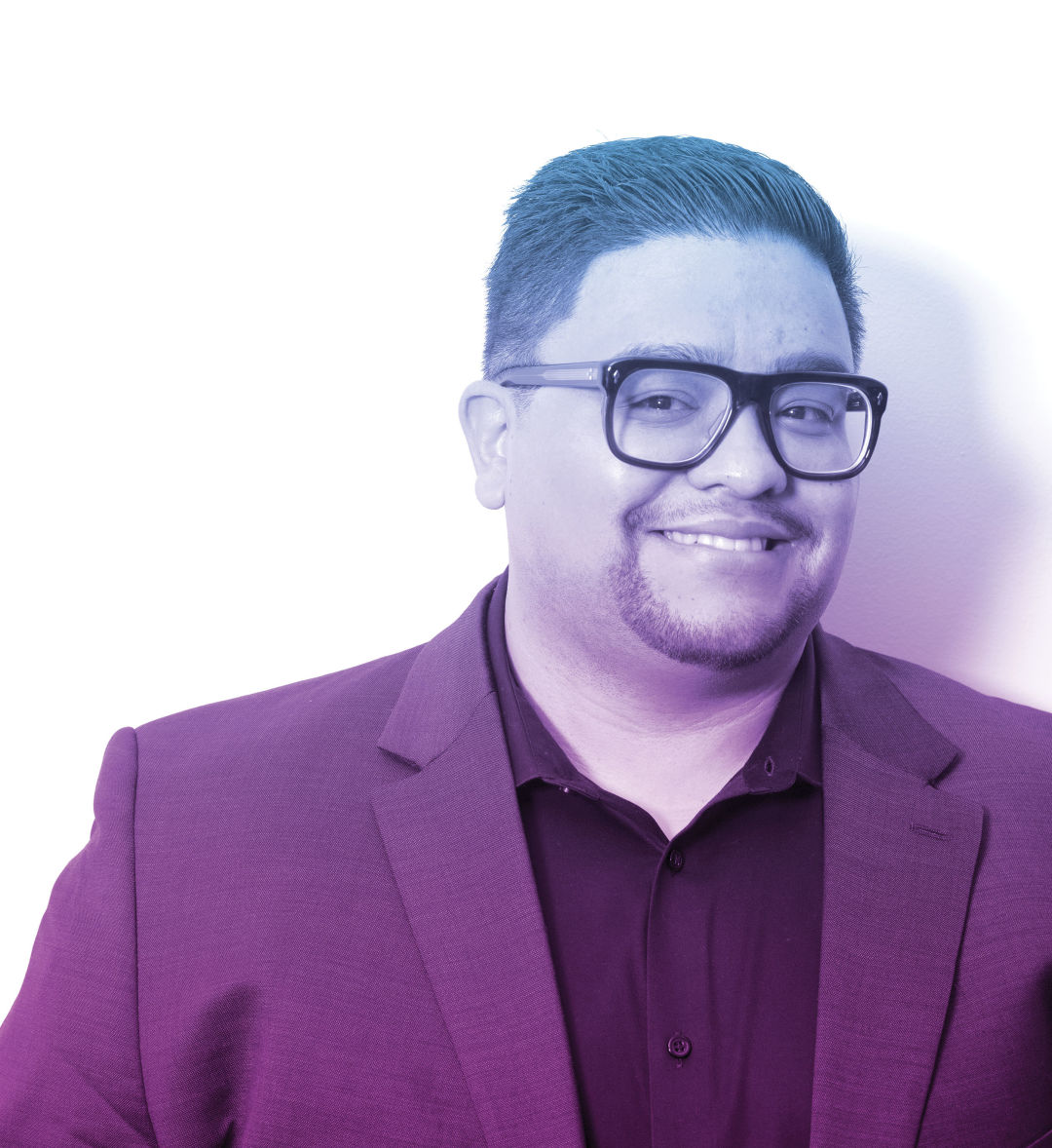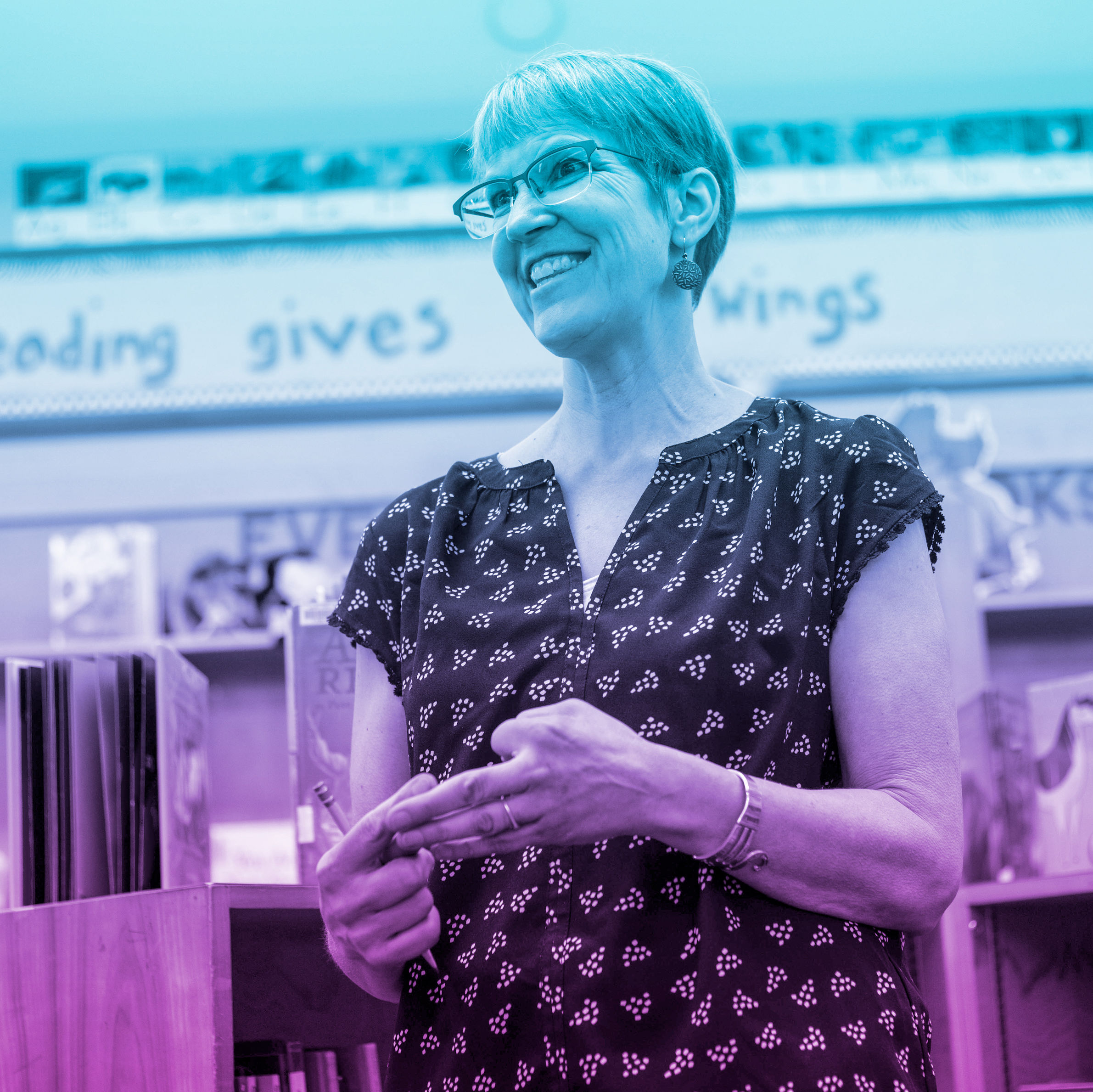Jonathan Garcia Is Disrupting the Status Quo at Portland Public Schools

Image: Brian Breneman
At just 31, Portland Public Schools’ wunderkind chief engagement officer has a high profile, a very full in-box, and a serious mandate: to raise money for public schools in a way that doesn’t mean the haves just keep getting more, the have-nots get left further behind, and the business community gets let off the hook.
“Part of the challenge in Portland is that we describe ourselves as progressive people, but we don’t do a good job of empathizing among our own community,” he says.
Those words are chosen carefully, but lots of what Garcia has to say just spills out. Here’s one of many things on his mind: he spent seven months in 2019 trying to get his own father out of an ICE detention center. (He’s never hidden the fact that he is the son of undocumented immigrants: It’s in his Twitter bio.)
Here’s another: he gets just how marginalized so many of the kids in Oregon’s largest school system feel. Long before he was the man in the sharp suit with growing access to Portland’s backchannels of power, he was a kid discounted for the color of his skin, homeless with his family, spending nights in the back of his dad’s truck parked on the streets of San Bernardino.
And here’s a third: Garcia could have bailed on Portland by now. He’s been wooed by no less than the chancellor of the New York City public schools system to move there and run the largest public schools foundation in the country. But he’s sticking around for now because he thinks Portland has the space to build a fundraising model that can be replicated just about anywhere, with the potential to disrupt public education.
Check that word, disrupt. It’s no accident Garcia’s using the tech world’s favorite make-the-world-a-better-place shorthand. Garcia moved here from the Bay Area, where, in his previous gig at the San Francisco Unified School District, he helped persuade the CEO of Salesforce.org to make multimillion-dollar donations.
That’s exponentially more than Portland Public Schools has received from direct corporate giving over the past decade. Instead, the district has relied on entrenched, decentralized local school foundations, which brought in a cool $4.6 million in 2018. (For years, all of the Multnomah County schools foundations were under the umbrella of the All Hands Raised nonprofit; in 2019, the district split off to form the standalone Fund for PPS.)
But the foundation system—which relies on money raised through swanky auctions and annual appeals—has long come under fire. It allows wealthier schools to pay for additional full-time teachers, while schools with less affluent communities are out in the cold.
Schools with foundations hang onto the first $10,000 they raise, and after that, one-third of whatever they raise goes into a common pot where it’s redistributed around the district. That might sound fair at first glance—indeed, the system is often held up as a national model—but when you break down the numbers, the reality is less rosy. Need-based grants made from the common pot run between $20,000 and about $50,000, enough to pay for after-school tutoring. Meanwhile, top-grossing Lincoln High School spent $281,628 in privately raised funds on full-time employees in the 2018–2019 school year.
Shaking up this system is bound to ruffle some well-connected feathers. After a year or so of study, new proposals are expected this spring. Garcia is cagey with details, but playground scuttlebutt suggests that common pot contributions could go up or the district could even stop letting individual schools pay for full-time educators.
“When you have parents who are willing to make those [big-ticket] financial contributions, it’s vastly benefiting kids at their own schools, who are also very well-supported at home—not those kids in a high-needs community,” says Beth Cavanaugh, a public school parent from Southeast Portland who supports a move to a fully centralized fundraising model.
Crucially, Garcia says local foundations won’t be disbanded. He’s a practical guy, and that’s money on the table.
“When you deal with privilege and power, and you try to disrupt that, you can get run out of town,” he says. “I see why people raise money. They want to give their kids the richest experience possible. But what does that do to the system as a whole?”
Meanwhile, he’s got big dreams for more corporate donors. (In mid-January, the Fund for PPS landed its biggest prize to date: $250,000 from PGE to scale up the district's climate justice curriculum. The Meyer Memorial Trust has also kicked in $185,000 for community engagement.)
Even this path includes some minefields. Oregon’s powerful teachers’ unions have been hammering for years on the state’s low corporate taxes. Garcia needs to court corporate donors without giving them cover to duck broader responsibilities.
“If everyone just paid their fair share of taxes, then we wouldn’t need corporate philanthropy,” says Suzanne Cohen, the president of the PPS union, the Portland Association of Teachers. “But PPS has to operate under the world we live in. Despite me being curmudgeonly about the nature of what [Garcia] is doing, I do think he is the right guy for the job.”
Letting corporate America in the door, Garcia says, brings in the kind of innovation and quick pivots that are often lacking in government, with its layers and regulations.
Ideally, Garcia adds, corporate money would go to “help school systems innovate. I say to [business leaders], I also need you to support increases in taxes and invest in public education.”
What does that innovation look like? Garcia ticks off a few priorities for both him and his boss/mentor, Superintendent Guadalupe Guerrero: Assistive technology for disabled students. A more diverse teaching corps. More thoughtful vocational education options. And, most personally, more help for students of color often existing at the margins of the system.
That’s the kid Garcia was once, and teachers reached out to lift him up. In his little spare time in Portland, he’s trying to do the same. He’s a volunteer Big Brother to a kid in sixth grade at a Portland school, and is coaching the girls’ volleyball team at Alliance High, an alternative PPS school for kids who’ve struggled elsewhere. (Keep up with the team via his Twitter feed, including after-practice pizza photo ops with the players.)
“We have an opportunity to stabilize a district that has been plagued by a lack of trust,” Garcia says. “I have high hopes that people will stand by us because they believe in public education, racial equity and social justice.”









